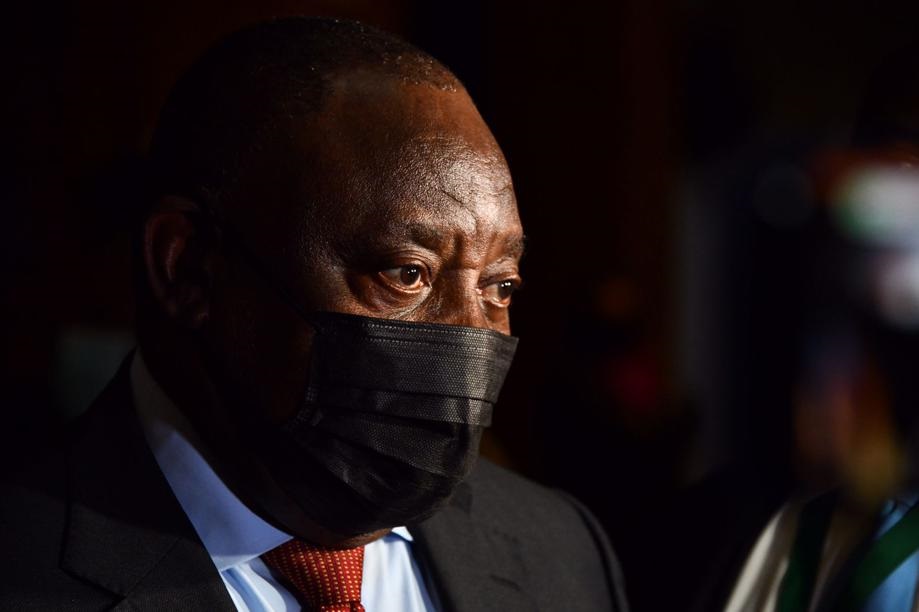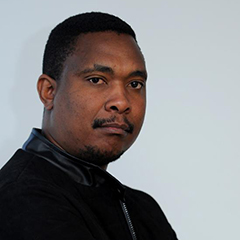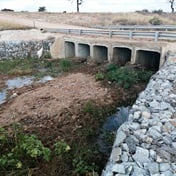
“Were we complicit? The answer is no!” President Cyril Ramaphosa asked and answered himself on Thursday afternoon at the Zondo commission. It was a session in which he basically summed up his testimony. The “we” in this context was himself and his ANC comrades.
Ironically, this was after he gave lengthy remarks about how the ANC’s internal political battles had enabled the capture of state institutions; the contestations had created a patronage network; and led to the use of the party to access state resources for individual benefit, among other things.
Ramaphosa detailed how this spilled over into state institutions where a number of people were deployed to deliberately advance state capture, which he described as a systematic and organised project to siphon state resources.
Those individuals, he said, were protected.
Hearings proceedings underway [Watch] President Ramaphosa continues to testify before the commission. https://t.co/o1Z3IBORZf#StateCaptureInquiry
— State Capture Commission (@StateCaptureCom) August 12, 2021
On Wednesday, Ramaphosa spoke of an ANC that had departed from its founders’ values.
READ: Five key take outs from Ramaphosa’s testimony at Zondo commission
Interestingly, such remarks have been posited constantly within the ANC over the years, even during the time when he was in the political wilderness, so to speak.
‘Signposts’, silence and small victories
He then referred to “signposts” signalling state capture that were there over the years, and conceded to a lack of alertness to act.
In his defence, Ramaphosa alluded to options that were chosen by himself and others to fight internally – quietly – and later spoke openly about what was happening in government and within the ANC.
He said those who kept silent and worked the system internally shouldn’t be thought of as being complicit and just remaining there to safeguard their positions.
READ: Mahlobo and Fraser are on the radar for investigation – Ramaphosa
He spoke of small battles that were won along the way, including:
- Transport Minister Fikile Mbalula’s revelation at an ANC national executive committee meeting in 2011 that he was told by the Guptas he would be sports minister;
- Objections to the removal of former finance minister Nhlanhla Nene;
- Objections to the cancellation of an investor trip to the UK and US of then finance minister Pravin Gordhan and his then deputy, Mcebisi Jonas, based on a “flimsy” intelligence report; and
- Objections to the nuclear deal.
But it was the commission’s chairperson, Deputy Chief Justice Raymond Zondo, who tried to depoliticise Ramaphosa’s political and emotive remarks by asking a pertinent question: What will prevent the country going through another round of state capture?
His answer was simply that the commission presented a “watershed” moment; the country had hit rock bottom and there was nothing else left but to move up or forward.
He said changes were under way within government and the ANC:
RET was bastardised
Ramaphosa said radical economic transformation (RET) was the ANC’s programme meant to advance the interests of the masses.
He said it had unfortunately been bastardised by forces within the ANC.
READ: RET lobbyists in the ANC threaten Ramaphosa with jail
“We need to go back to socioeconomic transformation. We can underpin that by saying it must be radical, urgent.”
He said terms such as ‘white monopoly capital’ were also used to justify state capture.
‘I’m not deflecting’
At one point on Wednesday, Ramaphosa said:
At the time, he was being grilled by the commission’s evidence leader, Advocate Vas Soni, based on the testimony of former Passenger Rail Agency of SA (Prasa) board chairperson Popo Molefe.
Ramaphosa referred to Molefe’s claim that the ANC top six had failed to support him in his endeavours to clean up Prasa as “disingenuous”, because he had powers to do this on his own with the help of the Public Finance Management Act, as Molefe had indicated to the ANC.
Analysis
As for the deflecting, this was what Ramaphosa sometimes appeared to be doing – quickly retorting with responses such as “we are here now” and that the commission had been set up for “this” reason.
However, in his opening statement on Wednesday, he made interesting revelations about behind-the-scenes political gymnastics, and his utterances about options he had to consider pointed to the unfortunate position the country was and continues to be in.
READ: There’s nothing wrong with lobbying for positions if done within the law – Ramaphosa
As much as he appeared forthright, honest and to have good, positive intentions about taking the country forward post-state capture, there are concerning issues about his political decisions and that of his allies.
Zondo’s question about another possible “episode” of state capture was justified.
So many years passed while Ramaphosa and key political actors waited for the “right” political moment.
It’s as though they were building a dossier to support their political objectives and to justify their political ambitions at the expense of taxpayers and state institutions.
The fight was then left to the civil society group Save SA, for instance, opposition parties and other interest groups, while those within the ANC chose not to revolt internally, despite the signs of public support.
What next?
This brings us to the implementation of Zondo’s findings.
Zondo alerted Ramaphosa to the fact that his findings could be reviewed, and that there was currently a phenomenon that those implicated in wrongdoing continued to be kept in their positions pending the outcome of court processes.
In the meantime, Zondo said those in positions of power who are able to make decisions seem hamstrung by this, which shouldn’t be the case.
Ramaphosa didn’t appear to appreciate Zondo’s suggestion, only saying it was “from your lips”.
READ: Cabinet reshuffle is meaningless without ideological change
Ramaphosa said they viewed the work of the commission very seriously and they were “duty” and “morally” bound to take its findings seriously.
He said Zondo’s report would inform the course of action to be taken.
Instead of admitting their complicity and taking the country into his confidence, Ramaphosa squandered the opportunity by seeking to cleanse himself and his allies from the sins of his fellow comrades for political gain.
This is the same modus operandi that gave mileage to state capture.
| ||||||||||||||||||||||||||||||
 |




 Publications
Publications
 Partners
Partners










